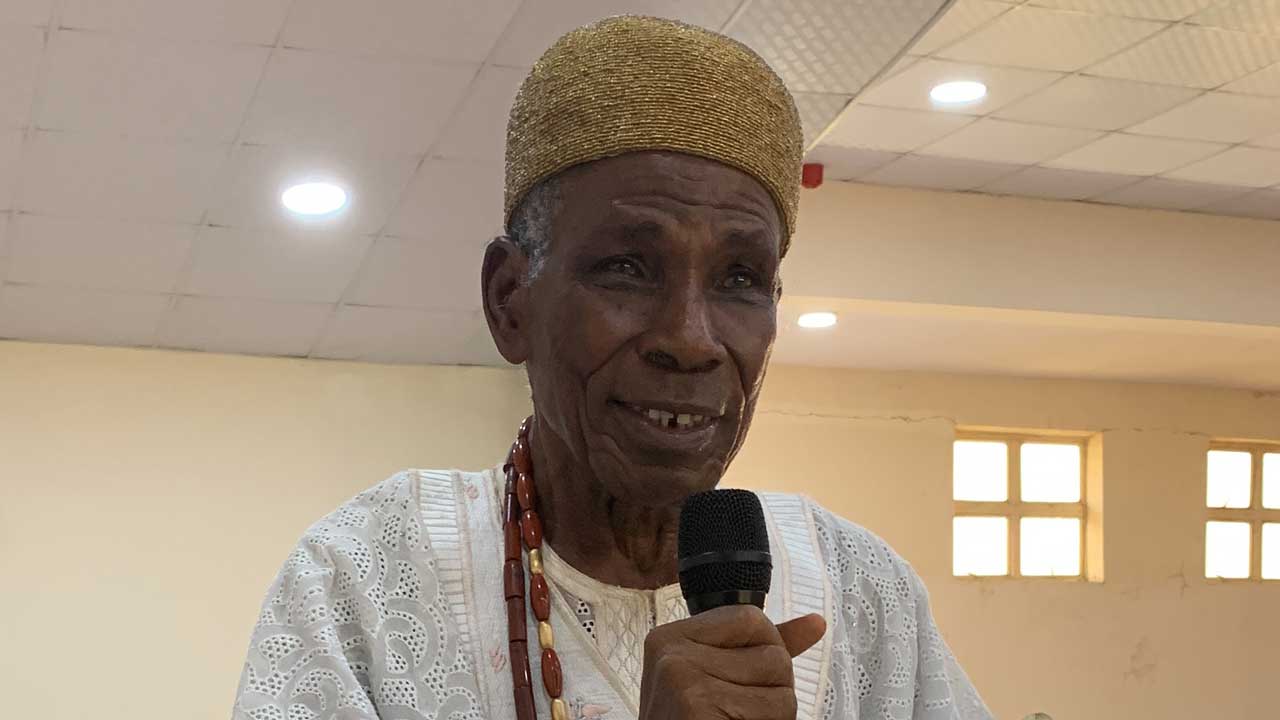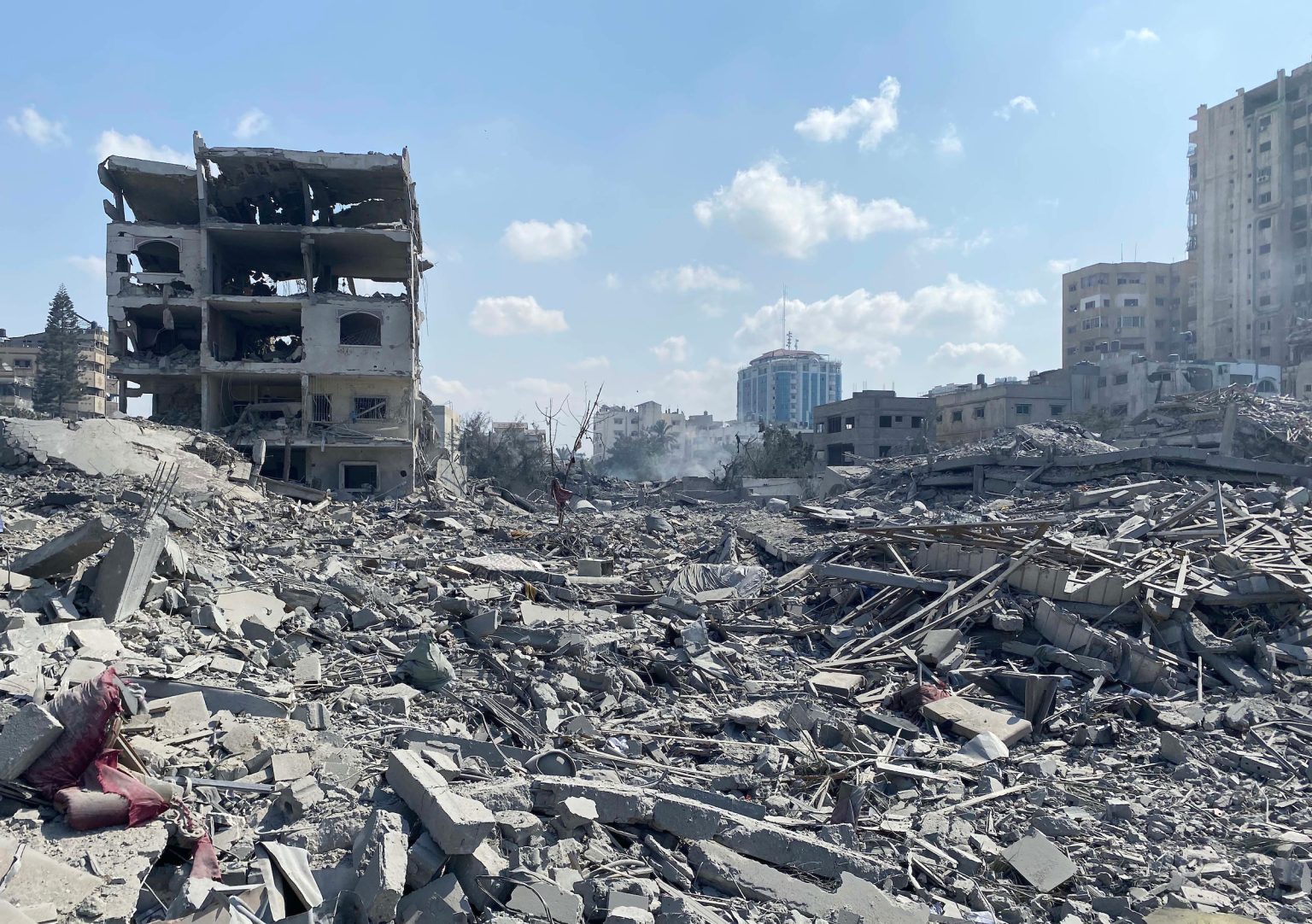
As markets become more global, competition increasingly fierce, and as advances in technology continue to redefine competitive advantage, quality and excellence theories have changed. To expand business, enter new markets, and set realistic, competitive long-term objectives, excellence has become imperative. The terminology of excellence models has become widely used as the normal communication medium for performance improvement and business excellence.
Excellence is a talent or quality, which is unusually good and so surpasses ordinary standards. It is also used as a standard of performance as measured, for instance through economic indicators. In modern public relations and marketing, excellence” is frequently criticised as a buzzword that tries to convey a good impression often without imparting any concrete information. Such buzzwords include “centre for excellence” and “business excellence.”
A concrete deliverable from this discussion is that the world can no longer tolerate mediocrity. The United States prides itself as an exceptional nation. Just like its neighbour, Canada in North America. Japan has been there as an exceptional nation. United Kingdom too has been competitive in the marketplace. Germany is the giant of Europe. South Korea is small but big in technological advancement in Asia: they have their competitive Samsung and LG, for instance. What about Singapore that thrives on intellectual capital. Look at the BRICS nations (Brazil, Russia, India, China and South Africa. These great nations have something in common: quality that we now address as excellence. Yes, excellence is the weapon leaders of the listed countries have used to make some difference.
They disrupt their curricula of studies at all times. They do this for innovation. They understand the times like the Sons of Issachar who understood the times and knew what Israel ought to do. The Americans are even proud of what they call the ‘American Exceptionalism,’ their idea that the United States is inherently different from other nations. The proponents of this bold statement argue that the values, political system and historical development of the U.S are unique in human history, often with the implication that the country is both destined and entitled to play a distinct and positive role the on world stage. A former Speaker of the House of Representatives, Newt Gingrich highlights the distinction of his country in a 2011 book titled, ‘A Nation Like No Other: Why American Exceptionalism Matters’.
The essence of my note is that no modern nation jokes with its excellence spirit. The examples I just gave aren’t to celebrate rhetoric. It is to emphasise one point: that pursuit of excellence by individuals should not be an option anymore. We should be intentional about it. That has become a new but compulsory fundamental objective and directive principle of individual and state policy. If you are not excellent in what you are doing now, you may be prominent but you will not be significant, after all. I always remember an example from an iconic author of a book I recommend anywhere I go: ‘The Purpose-Driven Life’ by Rick Warren, an American cleric. The publisher of the book actually sold more than 30 million copies in the first few weeks of its release to the market. This means, as an individual or a nation, you may just be quite prominent but not significant. In the same vein, you may be significant without being pr0minent. But the author emphasises the difference here when it underlines the fact that God the Almighty isn’t seeking prominent people: He seeks significant people who will rebuild nations and people therein for His glory and kingdom.
That exactly is the difference we can find between the development of Nigeria, our country and South Africa. Nigeria is bigger and appears more prominent than South Africa. South Africa is by 2022 projection 60. 7 million while Nigeria’s population by 2022 projection is 215. 4 million. By our curious rebasing, our economy is said to be bigger than South Africa’s. But let’s examine some vital statistics: South Africa is a member of G-20, best 20 economies in the world, Nigeria isn’t a member. South Africa is part of the elite club of emerging markets called the BRIC nations comprising Brazil, Russia, India and China, Nigeria, the giant of Africa, isn’t a member….
Again, what is common to all the nations I have mentioned is that they are nations that emphasise quality in their services and production processes.
And let us clarify this too: the difference maker we can hardly see: quality in higher education. In all the ratings published yearly even in global context, South Africa always has the highest number of world-class universities. In all he ratings, of the 10 best universities in Africa, no other one has beaten South Africa’s University of Cape Town. Besides, in most global ratings, of the top ten Universities in Africa, South Africa always rakes in no fewer than seven to eight while Egypt will always rake in the last two to three of the ten. Nigeria’s best is always below the top ten and the reasons are not too far to seek. How can our universities be well rated when their teachers are always on strike for even basic challenges of remuneration of teachers? At the moment, members of ASUU are on strike. It is unclear when they will resume as those who can ensure that are entombed in the ritual of party primaries. What a country! Nigeria’s University of Ibadan and its Teaching Hospital used to be part of the best four in the Commonwealth comprising United Kingdom, Canada, Australia, New Zealand Singapore, etc. Where are we today? The answer, my people, is blowing in the wind. Nigeria’s Wole Soyinka won Nobel Prize in Literature in 1986, since then there haven’t been any significant nominations in most disciplines. Is this curious?
The conclusion of the whole matter is that unless we purposefully and massively invest in education quality at all levels – from primary to tertiary level, we will continue to celebrate mediocrity instead of excellence. So, my message to us in our community is that we should continue to demand robust investment in education quality – from facilities to teachers at all levels. We should continue to ensure that our children are in good schools. We should continue to put pressure on our school managers and leaders to revive school facilities in our communities. There must be facilities in our school laboratories. For all of us here, we should touch base to do one thing: to revive all our alumni associations for the sole purpose of quality control of our school teaching and development of facilities. We should help to reconstruct infrastructure where necessary.
There is only one surviving public secondary school in my town, Ode Ajagba. Some of us who didn’t even attend the school from all parts of the world are at the moment doing something about the school, which is in bad shape at this time. Let us of all return to where we were born to contribute to quality of education. We can spend the next holidays in our villages and towns to teach essential subjects, notably STEM subjects and English language. God, the Almighty will bless all of us as we return to base. The reason again is this: We can’t talk of excellence without quality in our education. We can’t be significant in the 21st century with poor offerings in education.
There can’t be innovation without quality in research. We can’t have quality in our community development efforts if the future of our children at the grassroots can’t be guaranteed through quality in education. We need to take this seriously. We need to go beyond all the Union meetings we hold regularly in towns and cities. We need to pay attention to what has happened to the schools we all attended in those good old days. We need to ask our governors and commissioners questions what they are allocating to education and how the administrators including principals are spending the allocations.
The future we want to see depends on our investment in education today. So, all former students, all alumni members wake up to do something about the primary and secondary schools in our communities. Let’s ask about what is happening at this Olusegun Agagu University of Technology in Okitipupa. Let’s go for physical inspections of school facilities in our various communities in Ikale-land. Let’s not ask for whom the bell tolls. It tolls for all of us. The reason we can use to conclude this meeting is this: the collapse of our education is the collapse of our communities and our nation. And here is why?
Have you read the submission of a great teacher in South Africa who noted that, ‘collapse of education is the collapse of a nation’? A lecturer in a South African University actually wrote an expressive message to his students at the doctorate, masters and bachelors level and placed it at the entrance of the college. The quote has been wrongly attributed to Nelson Mandela.
THE South African lecturer wrote: “Collapsing any nation does not require use of Atomic bombs or the use of Long range missiles. But it requires lowering the quality of Education and allowing cheating in the exams by the students.
The patient dies in the hands of the doctor who passed his exams through cheating. And the buildings collapse in the hands of an engineer who passed his exams through cheating. And the money is lost in the hands of an accountant who passed his exams through cheating. And humanity dies in the hands of a religious scholar who passed his exams through cheating. And justice is lost in the hands of a judge who passed his exams through cheating. And ignorance is rampant in the minds of children who are under the care of a teacher who passed exams through cheating.
The collapse of education is the collapse of the nation. So, we need to rise from this ceremony with one deliverable: that if we want to develop our communities, we should begin with asking questions about what has become of the schools in the communities including the technical schools that appear to have collapsed in Okitipupa. We should note that there is some nexus between quality in education and country and global competiveness we now seek. So, the good people of Ikale-land should wake up to this call for physical audit and inspections of our schools to see what we can do to assist in different ways. That is the future we want to see in this new world that digital technologies disrupt daily. We can’t be part of the present world of the big data without quality in the education of our children. May the God of all Comfort give us the grace to be angry about the present conditions of our local schools so that we can do something about them.
***This is an excerpt from a paper I delivered yesterday at the Excellence Award Ceremony and Annual General Meeting of the Union of Ikale Indigenes at the Olusegun Agagu University of Science and Technology, Okitipupa, Ondo State.






